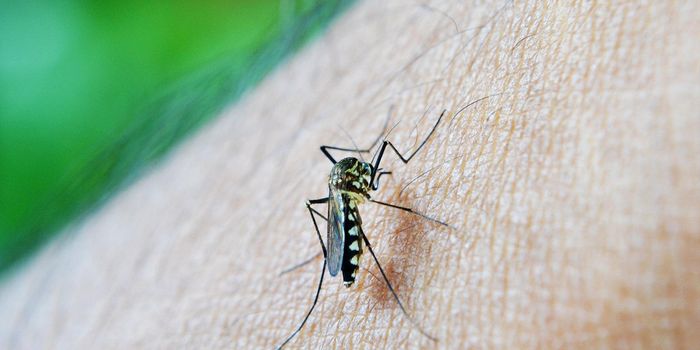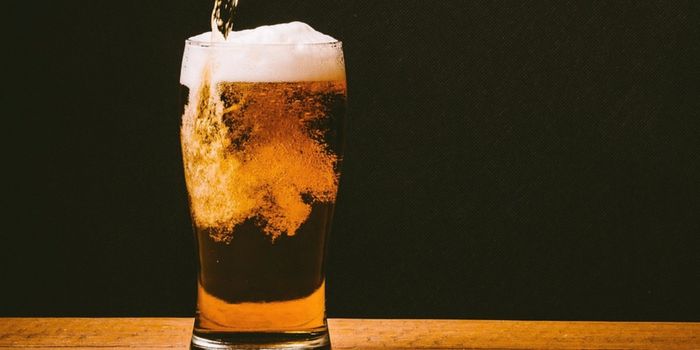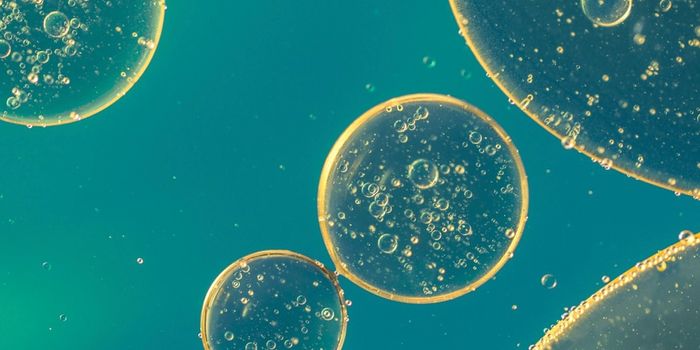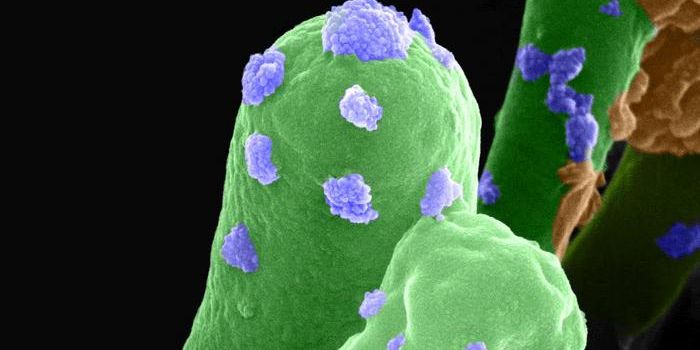Labroots 2023 Microbiology Event Poster Winner: Aoife Mulry
Labroots’ virtual events are a tremendous way to build connections and exchange ideas about the work of other researchers in your field. These events feature attendees from across the globe who can showcase their research for free in a virtual poster format. At this year’s Microbiology Virtual Week (now available to view On-Demand), Labroots featured an extraordinary study involving the use of lipids as both an antibiofilm and antimicrobial agent against Streptococcus mutans (S. mutans). This unique work comes from Aoife Mulry, who is a PhD student at the Technological University of the Shannon: Midlands Midwest (TUS Midlands Midwest).
(To see the full poster in detail, check out the 2023 Microbiology Virtual Week On-Demand)
Mulry’s poster examined the role and drawbacks of S. mutans in oral biofilms and how antimicrobial lipids (AMLs) and free fatty acids can be used as antibiofilm agents and a substitute to traditional antibiotics to combat S. mutans. The findings included evidence that the long chain omega-3 fatty acid, Docosahexaenoic acid (DHA, C22:6n – 3), was the most encouraging antimicrobial and antibiofilm lipid at mitigating both bacterial growth and biofilm formation.
Mulry recently told Labroots that the most meaningful of this project is the promise of using AMLs as substitute agents for prevailing over the negative effects of damaging bacteria that sometimes results from dental implant restoration operations. Mulry emphasizes the societal concerns with oral health while noting the negative impacts that biofilms can have on dental health, specifically pertaining to dental implant failure and tooth loss.
“This project contributes to the great discussion of modern microbiology; antimicrobial resistance,” Mulry tells Labroots. “Development of antibiotic resistance has driven the need to consider alternative treatments capable of killing pathogenic bacteria. AMLs have been shown selectivity to certain bacteria while reducing inflammation in animal models. However, implant functionalization strategies have limitations including efficient administration of AMLs, low solubility and poor bioavailability, cell toxicity and reduced osteogenic activity. Therefore, this research aims to develop solutions by overcoming these limitations increasing AMLs at targeted sites.”
During her undergraduate work at TUS Athlone Campus, Mulry had the opportunity to present her final year project, “Use of TRFLP as a Method to Examine Microbial Diversity in Different Soil Types”, at the Science Undergraduate Research Experience (SURE) Conference 2019, which she says motivated her to attend TUS Midlands for a PhD in microbiology.
To follow Aoife Mulry’s research and career, and to connect with her, check out her LinkedIn and ORCID page.









